In a typical market economy, the demand and supply determine prices, with limited or no government interventions. Therefore, going by the first principles of microeconomic theory, if the demand is more than supply, prices would rise and vice-versa. The sudden spikes in demand and supply shortages are especially felt when there are natural disasters or calamities like wars, or earthquakes. India, though less strictly a market economy and more of a mixed economy, has had its share of woes with unprecedented price hikes due to demand and supply shocks.
Take the recent price hike of tomatoes in India, for instance. A few months ago, the prices of tomatoes suddenly shot up to approximately Rs. 200/- per kg. This price hike happened due to the low production of tomatoes which popular press has attributed to scarce rainfall and extreme heat conditions. As there was a shortage of rainfall, there was a shortage of the crop. Additionally, extreme heat conditions led to pest attacks resulting in a lower output, and consequently higher market rates.
If one examines the domino effect of this, one would not be astonished. Not so laughably, some establishments hired bouncers to guard the “priceless” tomatoes to prevent thefts! Then, most restaurants, at the risk of being considered looters and losing patrons, stopped adding tomatoes to sandwiches and green salad. A friend of one of the authors of this article was aghast to receive a vegetarian sandwich with cucumbers and potatoes, with no sign of the quintessential tomato slices. The transporters and truckers charged exorbitant fees to ferry tomatoes as they feared a reaction from angered consumers. Medium-income households took stock of the situation and changed their weekly routine. Parents of tantrum-throwing adolescents refused to pay for the suddenly high salad prices of Swiggy and Zomato. Lower-income households forgot the tomatoes altogether and instead opted to eat tomato-less (albeit tasteless) lentils with rice.
This price hike of tomatoes in India due to production deficit from adverse weather conditions is what economists might call price gouging. More formally, price gouging is a practice, where firms raise prices in response to supply and demand shocks that occur typically after emergencies, calamities or natural disasters. The development during the recent COVID pandemic is a case in point. In many countries, including India and the United States, prices of essential items like disinfectants and home cleaners soared due to a sudden increase in demand on one hand, and constraints in the supply chain on the other. In India, essential medicines were black-marketed in some cases. This imbalance in lower-than-average demand for non-essentials and higher-than-average demand for essential items led to an asymmetry. While pharmaceutical companies handed out bonus cheques to their employees other companies laid them off or halved their salaries, in a rather tragic irony.
From an ethical standpoint, should firms hike prices during calamities and emergencies? Some economists would answer winsomely – why not? For instance, Nobel Prize winning economist Milton Friedman’s famous viewpoint is “Gougers deserve a medal” for clearing the market. This Ethics versus Opportunity is a vexed debate often resting in favour of “opportunity” as a logical corollary of a market-driven economy. During periods of abundance, prices fall, and the customer enjoys the day. Likewise, if there is a shortage, prices rise, and the suppliers have their way. Are business owners morally obligated to provide customers fair access to essential items in times of crises and a resultant desperate need? Are the ones who hike prices, looters or smart businesspeople?
Regulators argue that since price gouging distorts prices, it hurts overall social and consumer welfare. Thus, several countries have anti-price gouging laws as a preventative measure. For instance, in the United States, in response to the widespread pandemic-driven price gouging, 42 US states have anti-gouging laws effective March 2021. The penalties for businesses also vary. In North Carolina, for example, courts can impose fines of up to $5,000 for each violation, and enforce refunds for the customers affected. This law thus holds all parties in the supply chain – manufacturers, distributors, and retailers – accountable. In India, the Essential Commodities Act, of 1955 (later amended in 2020) ensures that essential commodities, e.g., food items, drugs, fuel, be made available to Indian consumers at fair prices.
However, in developed countries like the US or the UK or European nations, prices of “essential items” do not skyrocket in the absence of a natural disaster or calamity. In the tomato price hike context, the popular press has attributed poor rainfall and extreme heat as the drivers of production shortfall. We argue that this might be incomplete and imperfect reasoning. It is a sad reality that Indian farmers continue to depend on rainfall instead of modern irrigation methods. This gap in modern farming methods makes Indian farmers more vulnerable than their counterparts in more developed nations to weather-related fluctuations. However, the question that remains unanswered is why these weather fluctuations affect only tomatoes.
The Government of India's (“GoI”)s response to the shortage of tomatoes and the resultant price hike was knee-jerk. It had launched a “Tomato Grand Challenge Hackathon” in Delhi to glean ideas on how to combat rising tomato prices. The Department of Consumer Affairs directed consumer cooperatives to source tomatoes from vegetable markets, from high-production states like Andhra Pradesh, Karnataka, and Maharashtra to redistribute to major cities. In crises like these such as a crop shortage, the government often resorts to the Essential Commodities Act to impose stock limits. How much of that helps the farmers or the common man is anyone’s guess. The Individual Quick-Freezing procedure used by the GoI to store vegetables like peas comes to the rescue but how long can we store tomatoes or potatoes to maintain adequate stock?
While these measures can bring short-term relief, the government can do much more. In the case of the tomato price hikes, the GoI needs to investigate in depth to identify the underlying factors that caused the scarcity of tomatoes. If the reality of the situation is that the shortfall in tomato production was due to weather, then the GoI should take long-term measures to prevent this in the future. For instance, the GoI should invest in modern farming methods and train farmers to use manual irrigation. In the interim, farmers may be advised to produce overproduce and create buffer stocks during periods of stable weather conditions. The Essential Commodities Act needs to be amended to stipulate stiff penalties for individuals who hoard and then create artificial scarcity.
On a final note, if rumours are true, onions will make us cry quite literally, as their prices are forecasted to rise to Rs. 150/- per kg. A few days ago, it had reached Rs. 85/- per kg forcing the GoI to add 200,000 tonnes of buffer to its already existing stock of 500,000 tonnes, to ensure that Indian consumers get a steady flow of onions at an affordable price. The GoI has also set a minimum export price due to under-invoicing. It has used the help of the NAFED (National Agricultural Cooperative Marketing Federation of India Ltd.) mobile vans to transport onions and stock up major consumption centers all over the country. Hopefully, these initiatives will work, and prevent another tomato price hike-like situation.
As India rests on the cusp of being a superpower and eyes to be the third-largest economy, it stands to reason that its citizens enjoy the benefits of an abundant supply of essential items to eventually be able to afford some luxury items. We think that the customers are smart enough to know who to patronize after a crisis is over. Thus, businesses and firms should be ethical in their pricing practices if they indeed want to retain existing customers, attract new ones, and build on future revenues. The GoI, likewise, should be more transparent and strategic in its policies. As Ethicists, we argue that though the numbers game is very enticing for any nation, the Happiness Quotient does play an important role in determining the long-term viability of democracy, political stability, and economic vibrancy.







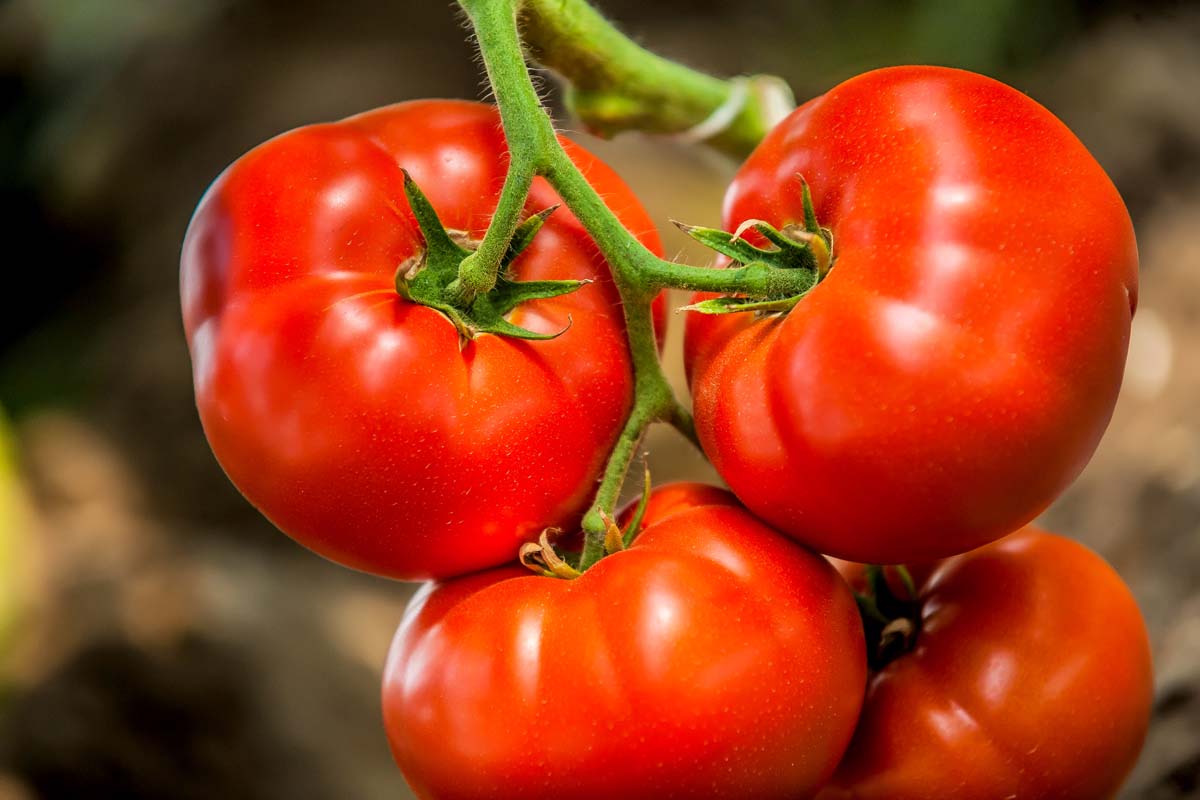
 OpinionExpress.In
OpinionExpress.In
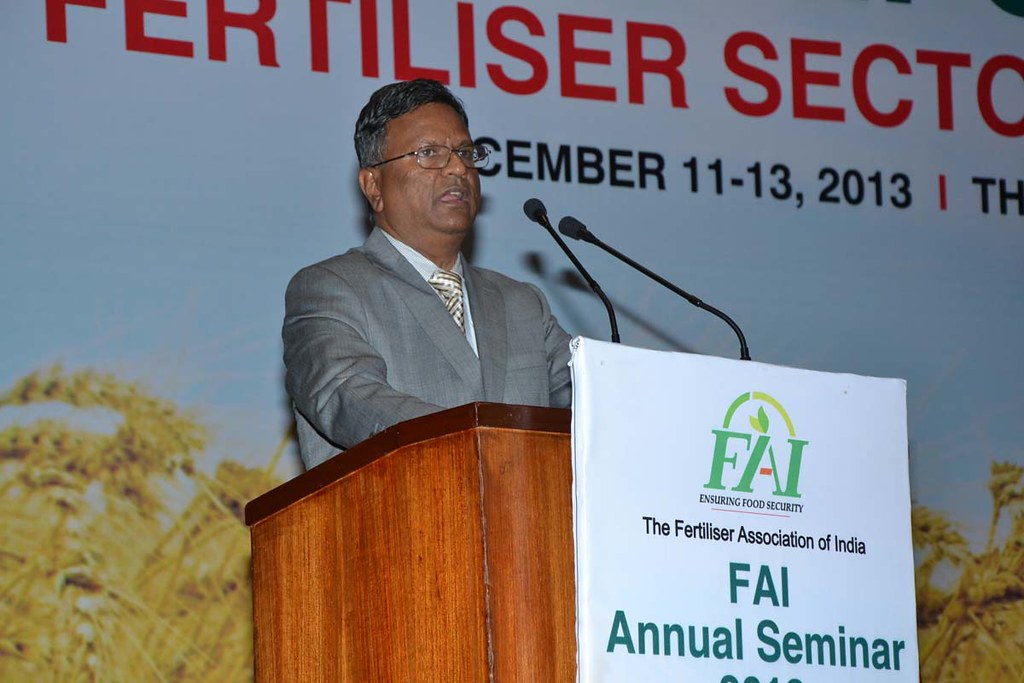
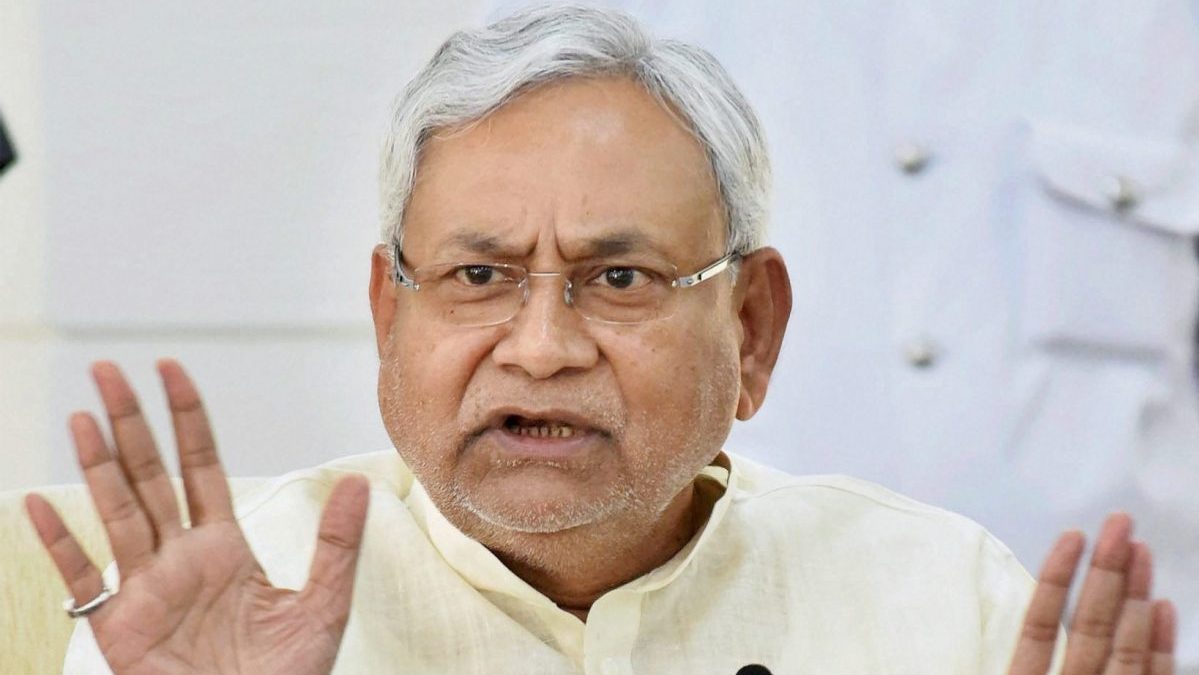


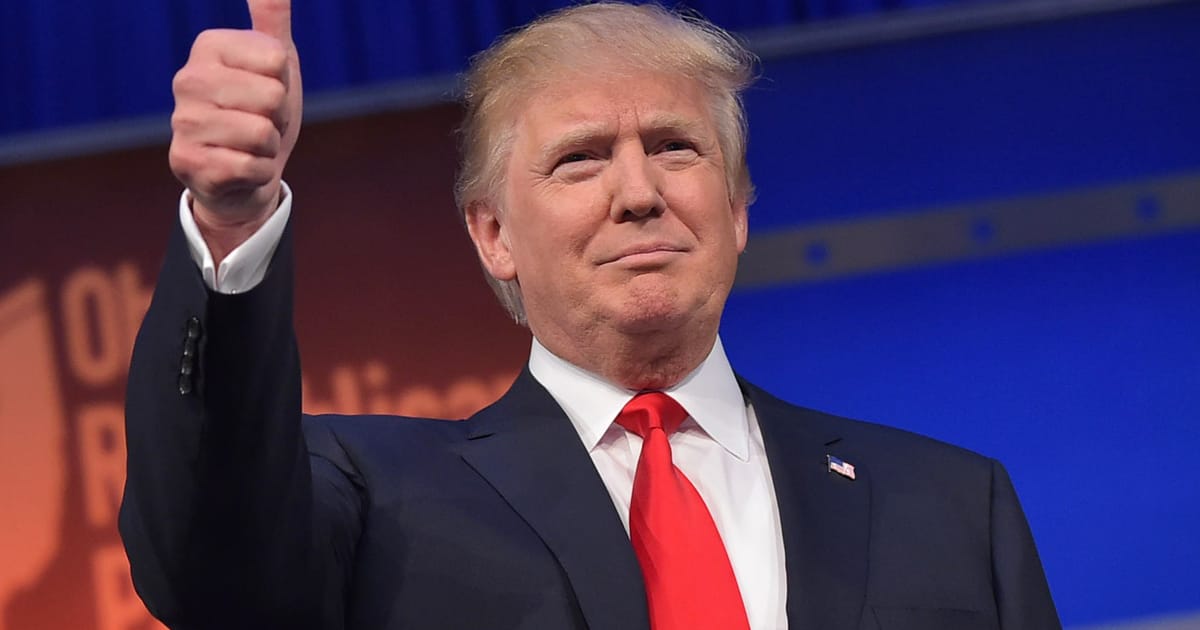
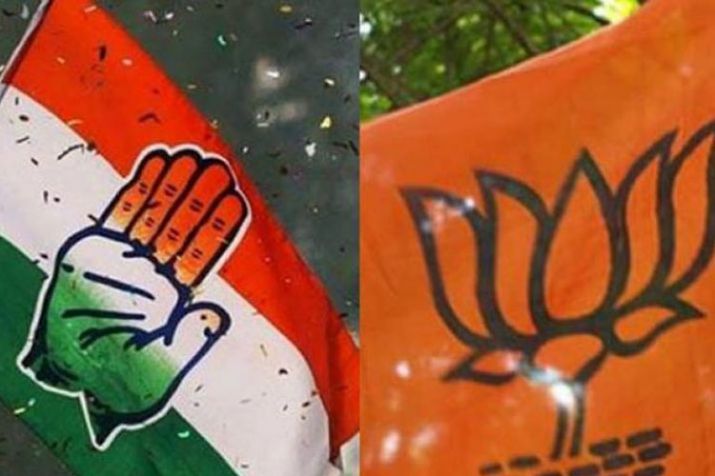
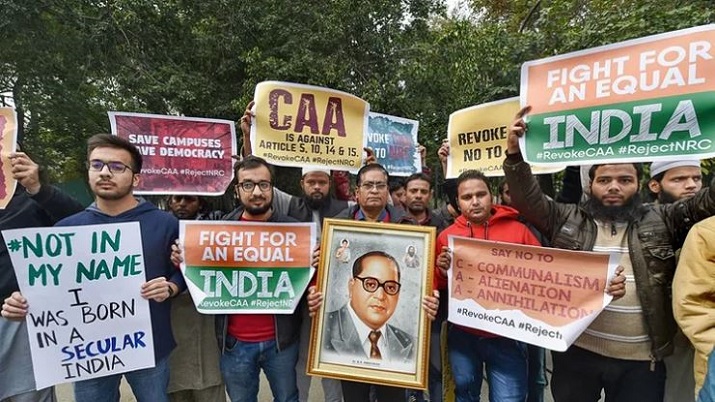
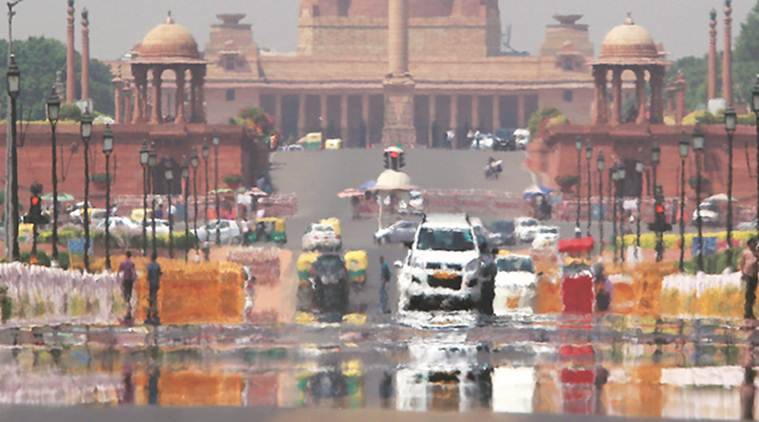
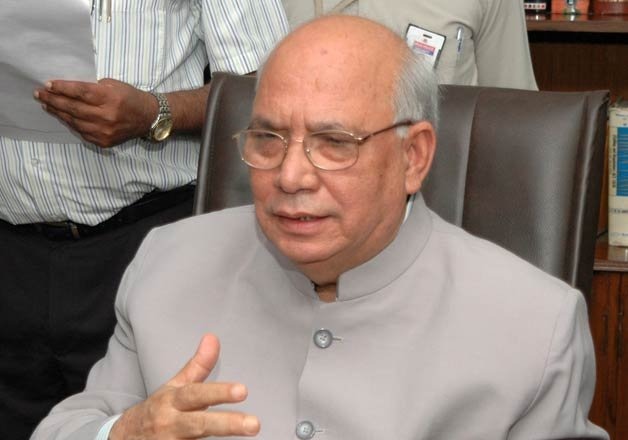






Comments (0)